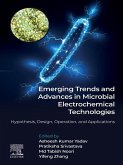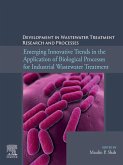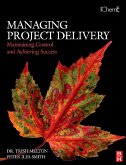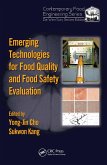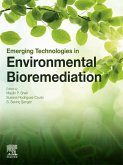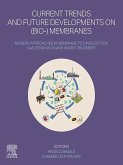Bioremediation is one of the most promising technological approaches to the problem of hazardous waste. It is a technology for removing pollution from environment, restoring contaminated site and preventing future pollution. Bioremediation can be performed in situ or ex situ. Microorganisms directly degrade contaminants rather than merely transferring them from one medium to another, employ metabolic degradation pathways and can be used in situ to minimize disturbance of the clean-up site. Hence, microorganisms can be effective, economical and non-disruptive tools for eliminating hazardous chemicals. Its advantage generally outweigh the disadvantage, therefore may be used as management tool. The microbial potential is connected to affect the clean-up of environmental pollutants. Conventional methods are focus on the separation, rather than the destruction of contaminants, the use of genetically engineered microorganisms for bioremediation would be an alternative, environmentally friendly, more effectiveness and economical clean-up technique for the remediation of pollutants in present in contaminated sites. A combined strategies relationship between genetic engineered microbes and bioremediation can enhance the effectiveness of contaminants sites.
Dieser Download kann aus rechtlichen Gründen nur mit Rechnungsadresse in A, B, BG, CY, CZ, D, DK, EW, E, FIN, F, GR, HR, H, IRL, I, LT, L, LR, M, NL, PL, P, R, S, SLO, SK ausgeliefert werden.



